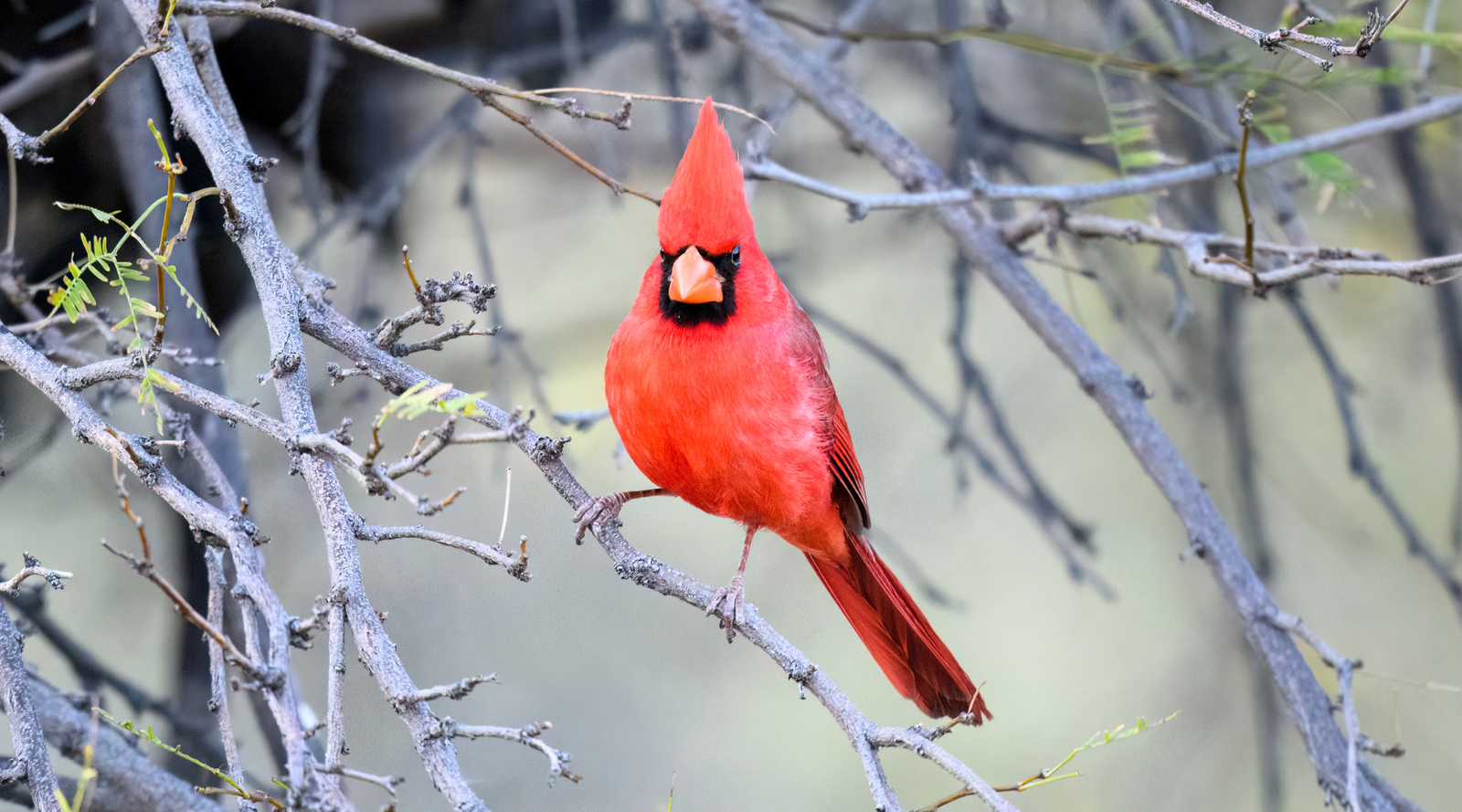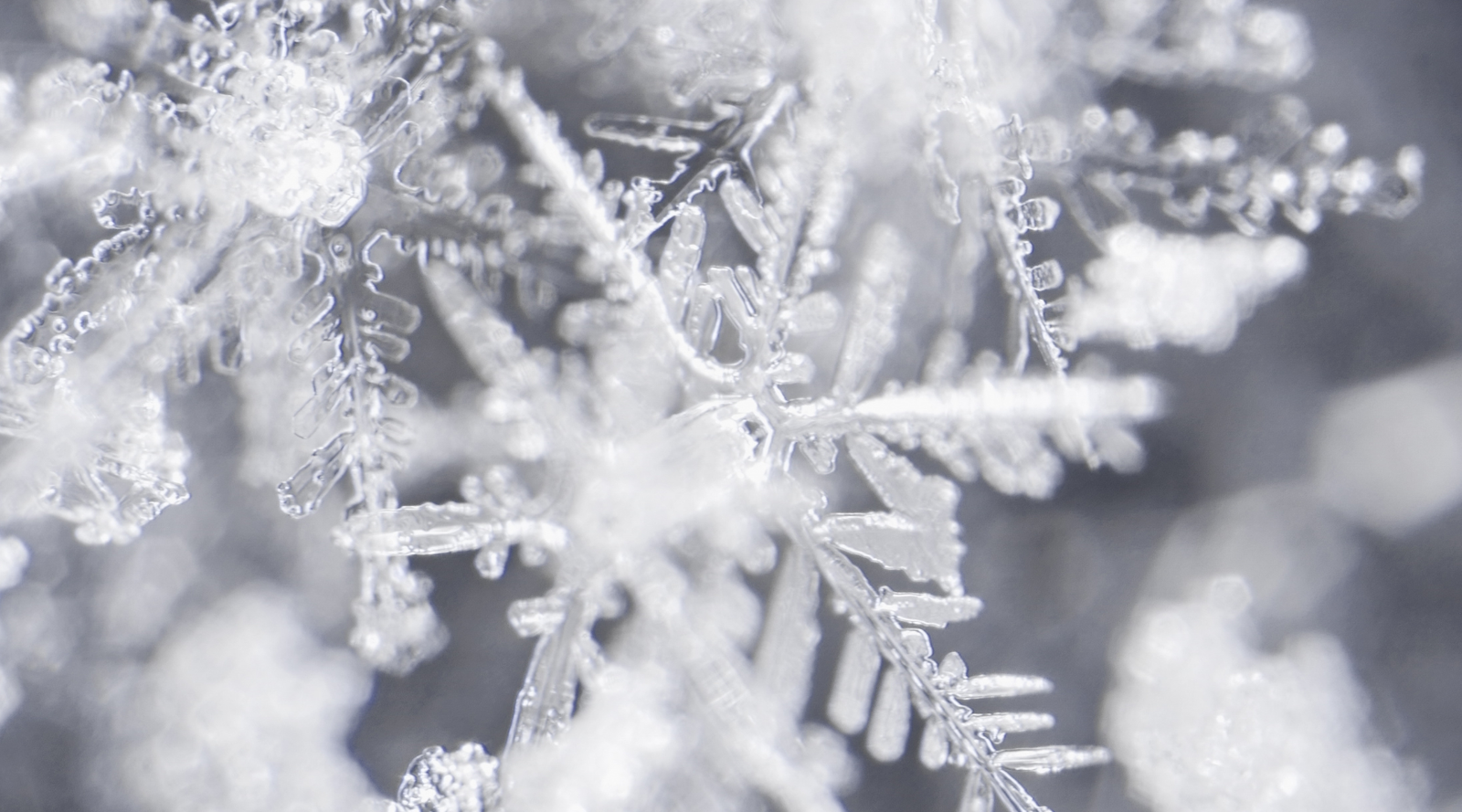Where Do Hummingbirds Go at Night? Discover Their Sleep Secrets
Have you ever found yourself watching a hummingbird during the day, marveling at their speed and elegance, only to wonder, "What on earth do these little guys do at night?" Do they stay up late like us, binge-watching shows, or are they at some exclusive bird rave, sipping on nectar cocktails under the moonlight?
While I can't speak to their partying habits (I'm still waiting for my invitation), I can tell you what science has uncovered about where hummingbirds go at night and what they do when the sun goes down. Spoiler alert: it's not nearly as wild as you'd think—but it's pretty fascinating!

A Day in the Life of a Hummingbird
First off, hummingbirds are incredibly busy during the day. They spend their hours zipping from flower to flower, sipping on nectar, and possibly chasing off intruding hummingbirds who dare to sip from their favorite blooms. Talk about territorial! With wings that beat 50 to 80 times per second and a heart rate that can soar up to 1,200 beats per minute, these little birds burn a lot of energy to keep going. Their life is like a perpetual cardio workout.
Given their energy-draining lifestyle, you'd think they'd flop down at night like an exhausted marathon runner, but there's a bit more to it than that.

Hummingbird Bedtime: Torpor Mode Activated
When the sun sets and it's time for our hummingbird pals to rest, they don't just tuck themselves into a cozy nest with a hummingbird-sized quilt. Instead, they enter a state called torpor—like bird hibernation for just one night at a time.
In this state, a hummingbird's body temperature drops significantly, and their heart rate plummets from its daytime high of 1,200 beats per minute to a much more chill 50 beats per minute. Essentially, they become little feathered zen masters, conserving energy to survive the night without food.
But why the drastic energy-saving measure? Hummingbirds have such high metabolisms that they would starve to death overnight if they didn't enter torpor. You see, even while they sleep, they burn energy, and since they can't snack on nectar in their dreams, torpor is their life-saving solution. It's like your phone going into low-power mode when the battery is running low—only way more impressive.

Where Do Hummingbirds Sleep?
Now, onto the burning question: where do these tiny powerhouses sleep? Hummingbirds are clever, choosing safe, secluded spots at night that offer protection from the elements and predators. Unlike some birds, they don't build elaborate nests for nightly use. Instead, they often find a cozy branch to roost on, hidden among the leaves. Their small size helps them stay inconspicuous, and during torpor, they remain so still that predators may pass right by without noticing.
Some species of hummingbirds, like the Anna's Hummingbird, have even been known to sleep upside down—like a tiny, brightly colored bat! If you were to stumble upon one in this state, you might think something is wrong, but nope—it's just them taking a nap in their gravity-defying way.
If you want to learn more about their habitats and where hummingbirds live during the day, check out this blog post on hummingbird habitats.

Are Hummingbirds Knocked Out in Torpor?
You might wonder, "If hummingbirds are in such a deep sleep, are they completely vulnerable to predators?" While they aren't exactly alert during torpor, it's not the same as a human snooze-fest. They can still snap out of torpor relatively quickly if threatened. It's not instant, but if a predator (or curious human) were to disturb them, they could kickstart their metabolism and zip off to safety in no time. So, they're not exactly defenseless, but it's a good idea for them to pick out a solid hiding spot before nodding off.

What About Cold Nights?
Now, suppose you're living in or near the hummingbird's natural habitat. In that case, you know that the weather can sometimes get chilly, especially in the spring or fall. So, what do hummingbirds do when the temperature dips? Do they throw on a tiny sweater? (I wish!)
Torpor becomes even more critical during cold nights. By lowering their body temperature to match their surroundings, hummingbirds can ride out cooler weather without using their energy reserves. It's an incredible survival tactic, allowing them to brave colder climates than many other birds of their size could handle.
For example, the Ruby-Throated Hummingbird, common in parts of North America, can endure surprisingly cold temperatures thanks to torpor. So, even if the temperature outside dips unexpectedly, these resilient little birds can flip the switch to torpor mode and make it through the night.

Do Hummingbirds Sleep Alone?
Yes, hummingbirds are pretty solitary creatures when it comes to bedtime. During the day, you might see them hanging out with a few others (when they're not chasing each other away from feeders). But at night, they find their spots to rest. Each hummingbird looks out for itself in terms of finding the safest, coziest nook to slip into torpor. There's no communal roosting or cozy bird cuddles for these independent flyers.

Can You Help Hummingbirds Sleep Better?
If you're a hummingbird enthusiast (and who wouldn't be? They're adorable and fascinating), you can help make sure these little guys have a restful night. Here are a few tips:
- Plant Native Flowers: Hummingbirds love to feed on nectar from native plants. Creating a hummingbird garden full of the right flowers ensures they can stock up on energy throughout the day, helping them store enough to survive the night. Flowers like trumpet vine, bee balm, and salvia are fan favorites among hummingbirds.
- Provide a Safe Space: If you have feeders out for them, keep them in a spot sheltered from the wind. While hummingbirds don't sleep in their feeders, keeping their food sources safe ensures they can feed efficiently during the day without needing to dodge gusts of wind or nosy predators.
- Avoid Harsh Chemicals: Pesticides can harm hummingbirds directly and kill off the insects that hummingbirds sometimes rely on for protein. Keeping your garden chemical-free helps create a more hospitable environment for them day and night.
- Keep an Eye Out in Cold Weather: In chillier climates, especially during migration, hummingbirds may stick around longer than usual if the weather is mild. Keeping your feeders full and unfrozen during early spring and late fall can help them fatten up before their big trips.

Hummingbird Nightlife in a Nutshell
So, where do hummingbirds go at night? Well, they're not out hitting the clubs or pulling all-nighters. Instead, they're entering a state of torpor, finding a safe, secluded spot, and saving up their energy for another day of frantic flying, flower-hopping, and occasional territorial squabbles.
Hummingbirds are resilient, resourceful, and more than a little mysterious—but now you know more about what happens when the sun sets on these tiny powerhouses. Whether they're clinging to a branch upside down or hiding in the leaves, one thing's for sure: hummingbirds sure know how to sleep like pros.
And let's be honest—they deserve it after a day of moving that fast!
















Tygerwolf
September 22, 2025
Thank you for your article very informative and spot on